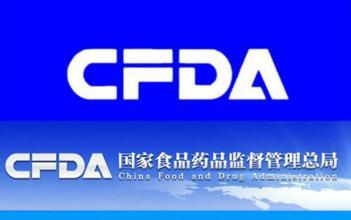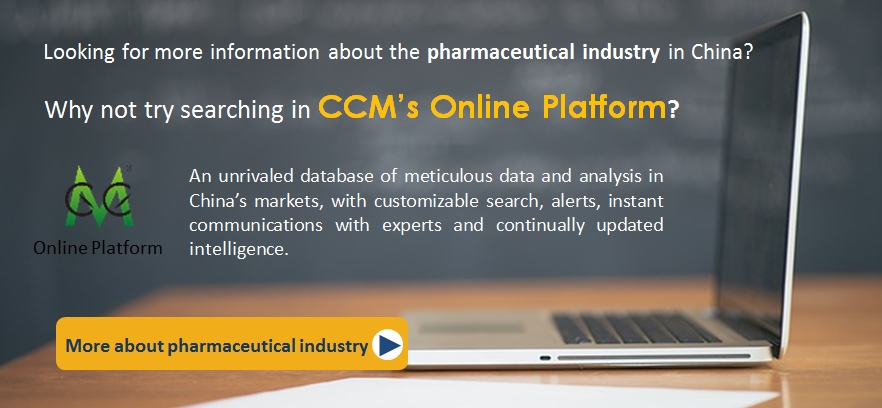On 9 Aug., 2016, the China Food and Drug
Administration (CFDA) released the draft of Announcement on Verification of
Pharmaceutical Production Techniques for public opinion. This draft was
formulated in accordance with the Provisions for Drug Registration, the Good
Manufacturing Practice (GMP) and the Drug Administration Law of the People’s
Republic of China (Drug Administration Law).

Source: Baidu
According to the document, pharmaceutical manufacturers are asked to self-inspect whether their production techniques for
drugs approved for launch on the market are consistent with those approved by
food and drug departments. This check should be finished before 1 Oct., 2016
and the results should be reported to provincial food and drug departments who
will then be responsible for collating and reporting the results to the CFDA by
1 Nov., 2016.
From 1 Nov., 2016, the CFDA will assign
experts to conduct unannounced inspections (random on-site checks, especially
targeted at enterprises that have broken the GMP or have a bad production
record) of pharmaceutical manufacturers. If the actual techniques being used
are found to be other than those declared to food and drug departments, the
products will be treated as counterfeit medicine and the involved producers
will be punished in accordance with the Drug Administration Law.
Moreover, these changes in actual production
require certification of their techniques and a supplementary application for
alteration of the registered technique. If the changes are judged to have a
negative influence on drug quality, producers should cease production at once
and submit a supplementary application to modify their production technique.
Only once the CFDA has approved the modification can enterprises resume
production. Specifically, for drugs in production, the certification and
application need to be processed by 30 June, 2017 and for those in suspended
production, done by 31 Dec., 2017. Production will have to be halted if these
requirements are not met on time.

In recent years, some pharmaceutical
producers have still been found to have applied production techniques without
administrative approval or have changed their techniques without any
certification or application as required by the CFDA. Therefore, the CFDA asked
manufacturers to conduct self-inspection on production techniques in Aug.,
2016.
Prior to this, in July 2015, the CFDA
issued the Announcement on Self-inspection of Drug Clinical Trial Statistics
and, in March 2016, the State Council released the Opinion on Consistency
Evaluation of Quality and Efficacy of Generic Drugs. This demonstrates that
China is strengthening regulation of the domestic pharmaceutical market, aiming
to guarantee drug safety and efficacy during the production process.
In fact, modifying production techniques
has become standard practice in the pharmaceutical industry. According to CCM's
research, there is often a big difference between the actual production
standards being used and those declared to food and drug departments. Declaring
a high production standard can reduce the time it takes to obtain a production
license, however when put into practice such standards are tough to meet.
"Pharmaceutical manufacturers have to
alter the production techniques they are using so as to sustain their business,
which will certainly raise operating costs. Of course, those failing to change
production techniques will very likely be eliminated from the market," an
industry insider commented to CCM.
This article comes from Amino Acids China E-News 1608, CCM

About CCM:
CCM is the leading market intelligence provider for China’s
agriculture, chemicals, food & ingredients and life science markets. Founded in 2001, CCM offers a
range of data and content solutions, from price and trade data to industry
newsletters and customized market research reports. Our clients include Monsanto,
DuPont, Shell, Bayer, and Syngenta. CCM is a brand of Kcomber Inc.
For more
information about CCM, please visit www.cnchemicals.com or get in touch with us
directly by emailing econtact@cnchemicals.com or calling
+86-20-37616606.
Tag: pharmaceutical